CLASS. Edge and Cloud Computation: A Highly Distributed Software for Big Data Analytics

Barcelona Supercomputing Center (BSC)
Jordi Girona 29 (Nexus II Building)
08034 Barcelona Barcelona
Spain
CLASS aims to develop a novel software architecture framework to help big data developers to efficiently distributing data analytics workloads along the compute continuum (from edge to cloud) in a complete and transparent way, while providing sound real-time guarantees. This ability opens the door to the use of big data into critical real-time systems, providing to them superior data analytics capabilities to implement more intelligent and autonomous control applications.
The capabilities of the CLASS framework will be demonstrated on a real smart-city use case in the City of Modena (Italy), featuring a heavy sensor infrastructure to collect real-time data across a wide urban area, and three connected vehicles equipped with heterogeneous sensors/actuators and V2X connectivity to enhance the driving experience.
The CLASS project has received funding from the European Union’s Horizon 2020 research and innovation programme under the grant agreement No 780622



